A Tragic Turkish Novel and its Tragic Author
We've got ourselves a love story (fictional) and a murder mystery (true)...!
Seven books into my journey around the world in translation, and I have yet to find a book I don’t love. It might have to do with my Googling things like “What is the best Turkish novel ever written,” and learning that things are beloved for a reason.
I went into Sabahattin Ali’s 1942 novel Madonna in a Fur Coat knowing nothing about the author, but liking the premise of a young Turkish man who moves to Berlin in the early 1930s to study the soap-making industry and finds (and loses) love. The story behind the novel turns out to be just as interesting as the book itself… but first, the book.
This one has an envelope structure: We start off reading about a young man who’s lost his job in Ankara and has to take another one, alongside a sad, kind of lifeless Turkish/German translator he takes a liking to. Raif Bey turns out to be a brilliant artist, and the narrator starts visiting him at home. When Raif becomes ill, the narrator borrows the notebook in which Raif has written (in the past couple of days) about his life; most of the rest of the book is the contents of that notebook, detailing Raif’s life in Germany and the doomed affair he had with Maria Puder, a half-Jewish artist whom he meets after weeks of being obsessed with her self-portrait in a gallery.
It’s an unusual romantic relationship for the time; Maria is wildly independent, and insists for a long time on their remaining platonic. She’s described as quite masculine, while Raif describes himself as feminine. Maria wishes she could be a lesbian, but simply isn’t. Almost as soon as they become romantically and sexually involved, life intervenes and things turn tragic.
Notably, Ali wrote the book in 1940 and 1941, and while Maria’s Jewishness is mentioned briefly—she wants to know if he’s an enemy of the Jews—it’s not much of a topic. But there’s a layer of tragedy beyond the text, in knowing that Maria’s life would most likely have been doomed in other ways as well. And what would happen to Maria’s quarter-Jewish daughter whom we meet as a child at the end of the book? The Ali of 1941 would have been aware of the looming danger, but not of its scope or specifics. (His daughter has written that she believes there was a real-life Maria, which makes this all the more devastating.)
I’m not alone in finding the book ahead of its time in gender relations and its depiction of what would have been a strikingly modern relationship. One thing he got super wrong, though: What goes through a woman’s head when she knows she’s being followed down the street. (Why no, she is NOT intrigued and delighted!)
The book made little splash when it was published in1943—maybe because a love story wasn’t to be taken seriously, or maybe because even in neutral Turkey no one felt like reading about Germany, or maybe because Ali was out of favor with the government.
Which brings us to the author.
He was born in the Ottoman Empire in 1907 and, like Raif, went to Berlin for a while as a young man. He returned to teach, but was quickly accused of politicizing his students, and jailed. After his release he taught again but this time recited to his students a poem critical of President Ataturk, and was imprisoned again. Trying to atone, he published a poem about Ataturk called “My Love,” in which I hope to God the first letter of each line spelled out “F-U-C-K-Y-O-U” in Turkish.

He became more and more political, fighting against local fascism, and kept writing and publishing. He founded a political satire magazine and wound up in prison again.
In 1948 he realized he needed to leave the country, but couldn’t get a passport; so instead, he got a job as a truck driver. He wrote to his wife saying his next letter would be from Paris or London… and then he was never heard from again.
Some weeks later, a smuggler came forward and claimed that he was traveling with Ali when he discovered his true identity, so he did the patriotic thing and, while the author was busy reading, murdered him with a shovel. He served only a few weeks in prison. There’s a theory that Ali was actually beaten to death during interrogation by the National Security Service, and that the smuggler, who had ties there, took the fall with the promise of a light sentence. Months after that, a local man found some bones and a bag of Ali’s belongings, this photograph of which the authorities sent to the family:
They never returned the actual items, though, which throws the whole discovery into question.
The book stayed under the radar for decades until a few years ago, when, through word of mouth and over social media, it became a major bestseller in Turkey, outselling Orhan Pamuk. The popularity might have something to do with reading habits under President Recep Erdogan, whose troglodytic views on gender and sexuality have left younger generations in particular wanting love stories that defy strict gender norms. I imagine they’re also drawn to an author who’d be doing everything in his power to undermine Erdogan with satire and truth.
It was re-translated into English in 2017 by Maureen Freely and Alexander Dawe. The translation is fantastic, and I can highly recommend the audiobook.
If you’ve read Madonna, please book club it with me in the comments!
What’s Next?
No Knives in the Kitchens of This City, by Khaled Khalifa (Syria), translated from the Arabic by Leri Price. Join me!
While We’re Here:
The earthquake in Turkey is devastating not only because of the scope of the natural disaster but because of poor building codes and corrupt government oversight. That makes it hard to know where to donate money, but here are two resources for responsible and helpful donation:
https://disasterphilanthropy.org/
My Book is Out in Two Days!!
I’ll post more on Tuesday, but meanwhile…
Book sales in the first week are HUGELY important for a book and an author, and are really our best chance of knocking just one of those Colleen Hoover books off the bestseller list. (She can spare a spot! She can!)
You can get it anywhere, but lots of indies have signed copies, and in specific I can tell you that both Lake Forest Bookstore and Exile in Bookville have them. I’m in love with the audiobook, and when you get it through libro.fm you can support your favorite indie.
And Tertulia, a new book discovery app, is generously offering a 25% discount (and free shipping) for my SubMakk subscribers on pre-orders of I Have Some Questions For You, good through the pub date of 2/21! Here’s the link. To get my book at 25% off with free shipping, add SUBMAKK as a code at the check-out. Just make sure to opt into the free trial of membership of Tertulia. (Nothing tricky, you can opt out later, no contracts signed in blood. One copy per person, US only.)




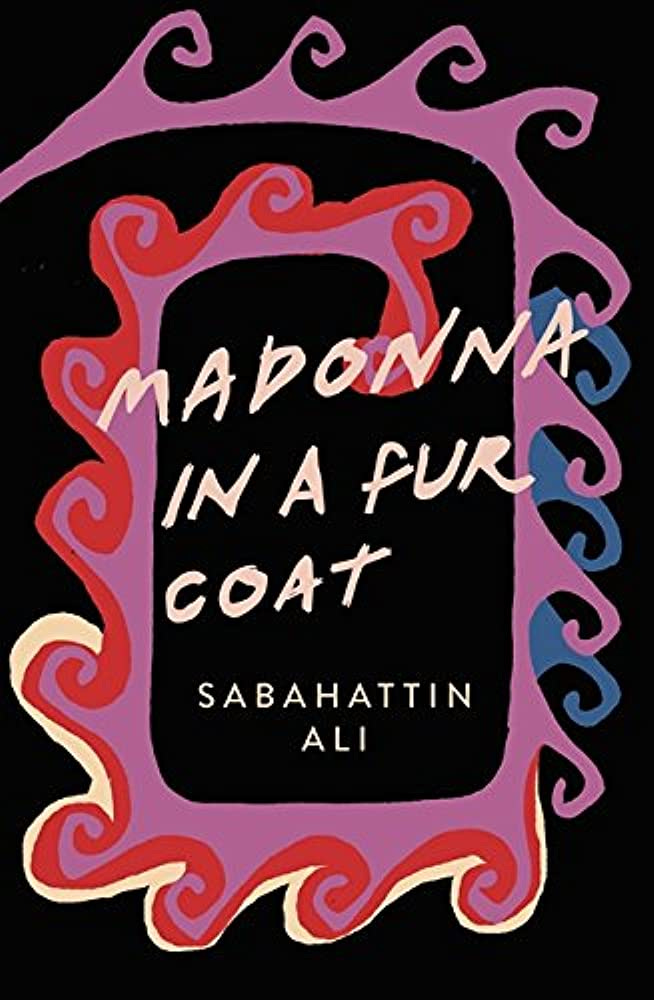
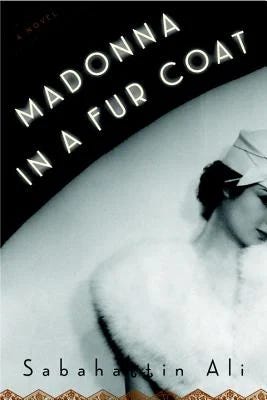
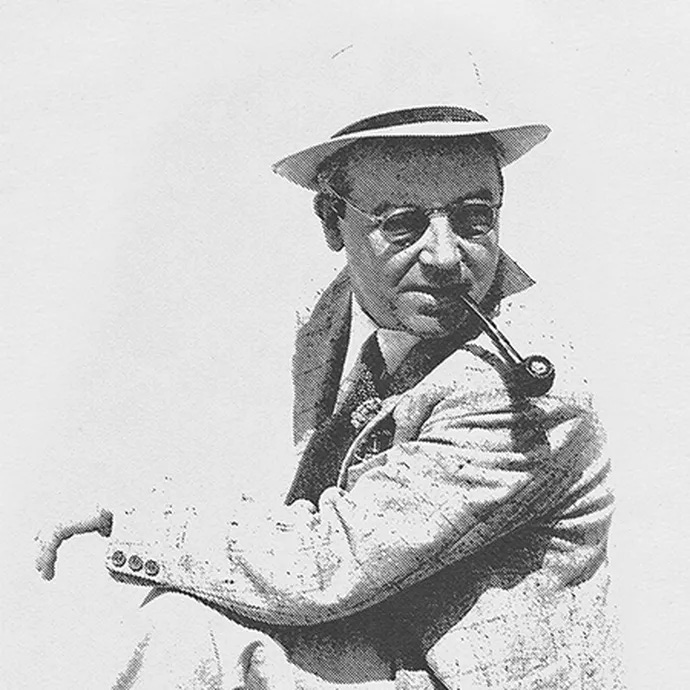
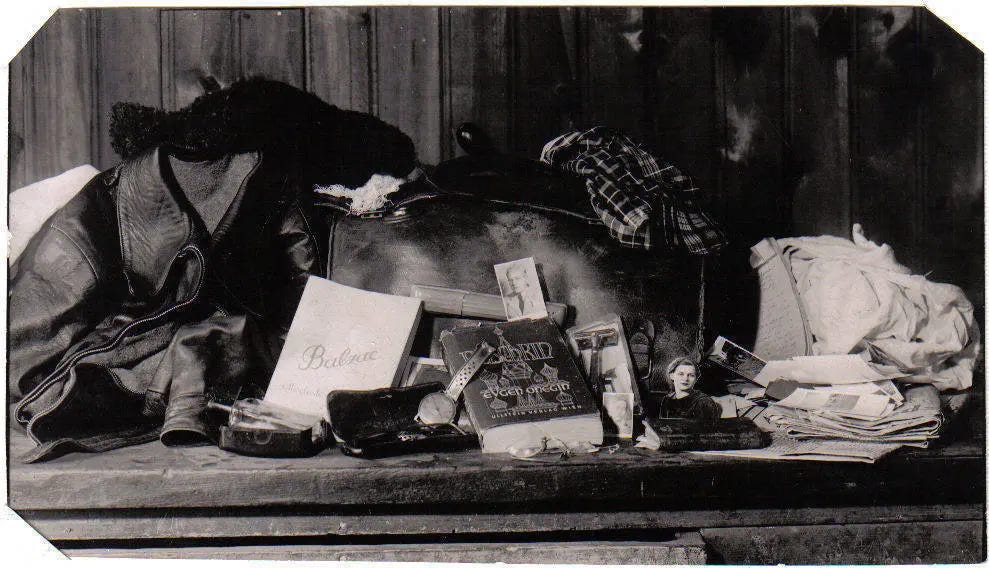
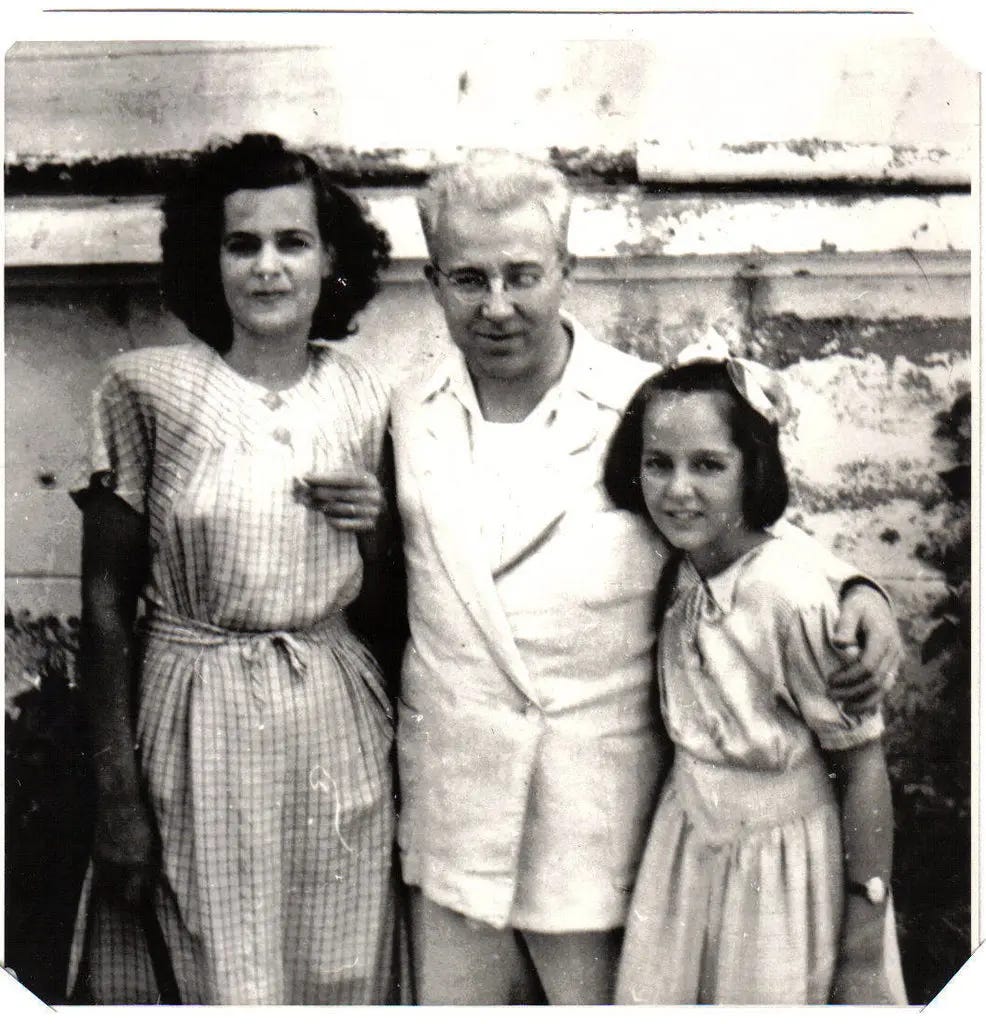


What a fantastic review! I'd seen this title before and briefly noted it, but now you've really piqued my interest. Selling more copies than Orhan Pamuk. Wow. I have a longstanding fascination with Turkish culture and literature, even if my attempts at learning the language have all failed miserably. (I signed up for a Turkish class in college and ended up being the dumb blonde eg the one girl in the class who didn't already speak a Turk-ic adjacent language. I'll always remember the polyglot who sat next to me and proclaimed, "F*ck! I always get this confused with my Azerbaijani!" Me too, girl. Me too. And here I thought my French was impressive.) Anyway, I still harbor dreams of Istanbul.
On a language level, the '40s in Turkish lit must have been fascinating. I've always been intrigued by the language's mandated switch from Arabic Script to Latin circa 1929. (Law on the Adoption and Implementation of the Turkish Alphabet.) Imagine waking up in the morning and The New York Times is written in Arabic script. An incredibly powerful tool for rendering entire generations illiterate and infusing new ones with a different cultural identity.
Anyway, I wish Ali would have escaped safely. What a loss.
Somewhat related, if you find yourself eager for more Turkish lit in Translation, one of my Substacker friends (Oleg, from Fictitious) recently introduced me to Barış Bıçakçı. We've been corresponding about his book "The Mosquito Bite Author." It's a quick read and, perhaps relatably, filled with reflections of a writer who's anxiously trying to pass the time as he waits on a response from his editor. One of the most delightful things I've read in awhile.
Can't wait to pick up your new book and delighted to have discovered you here on Substack!
En iyi dileklerimle,
Alicia
R: Great review, sent this to a friend who makes (moyen orient) soaps, in Lebanon. What a find. This is fun.